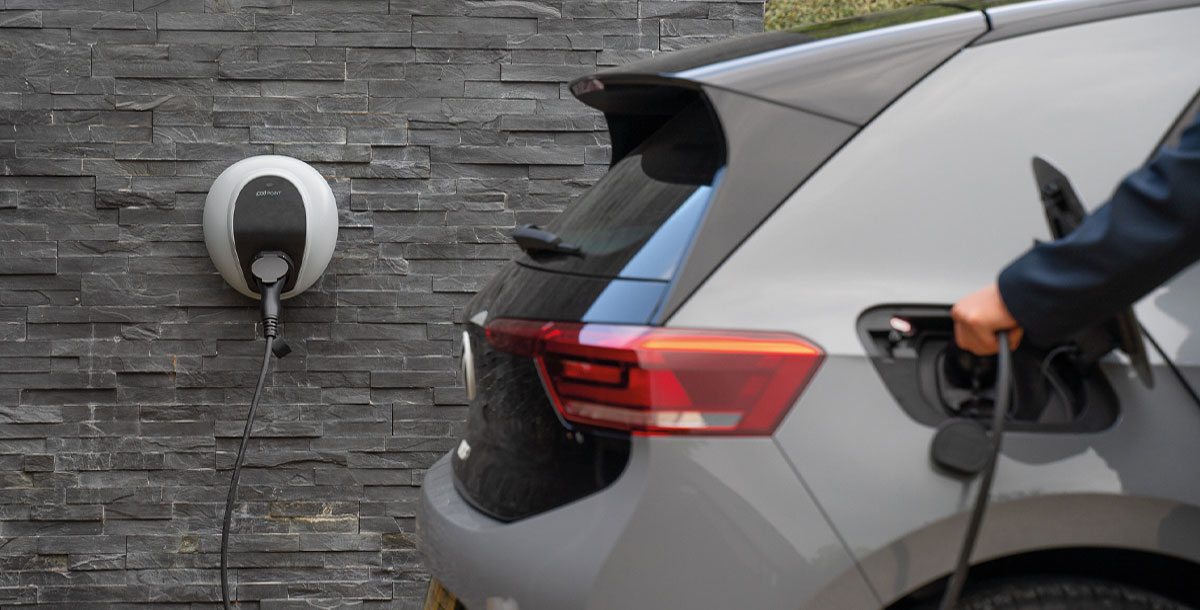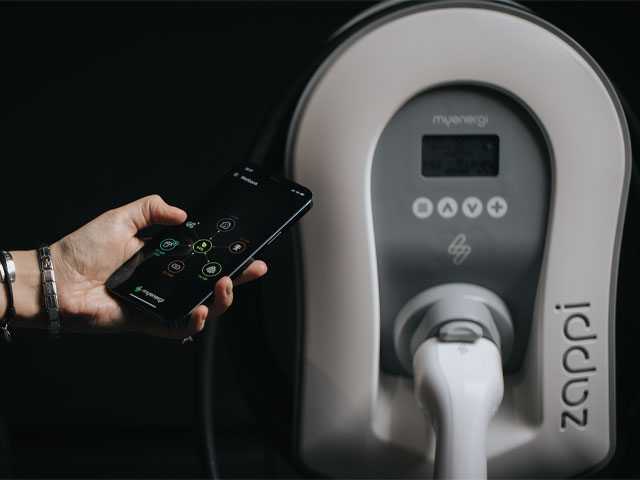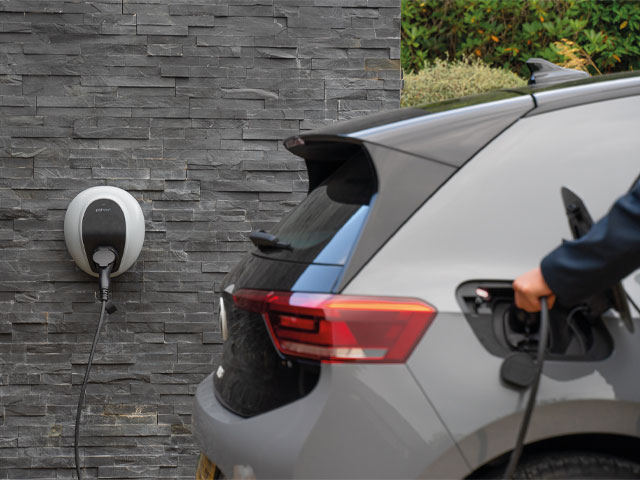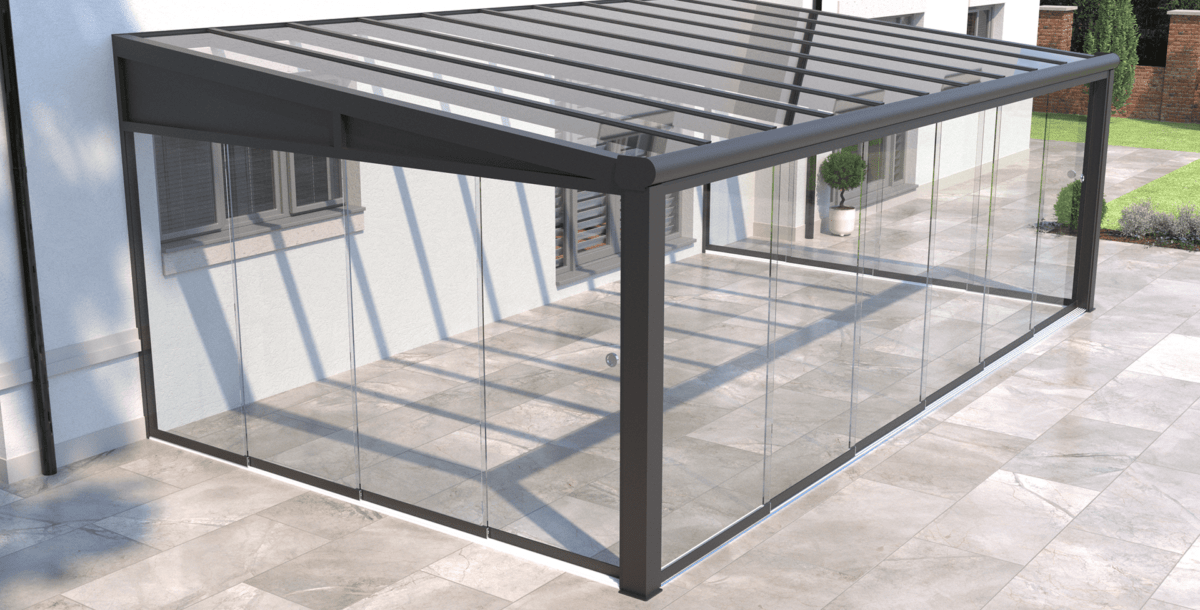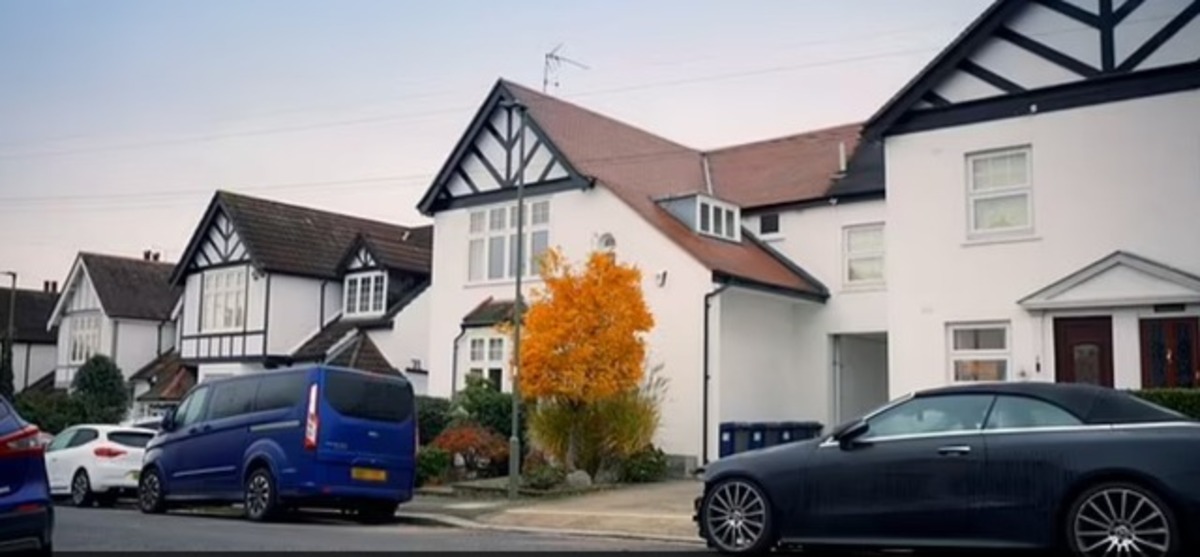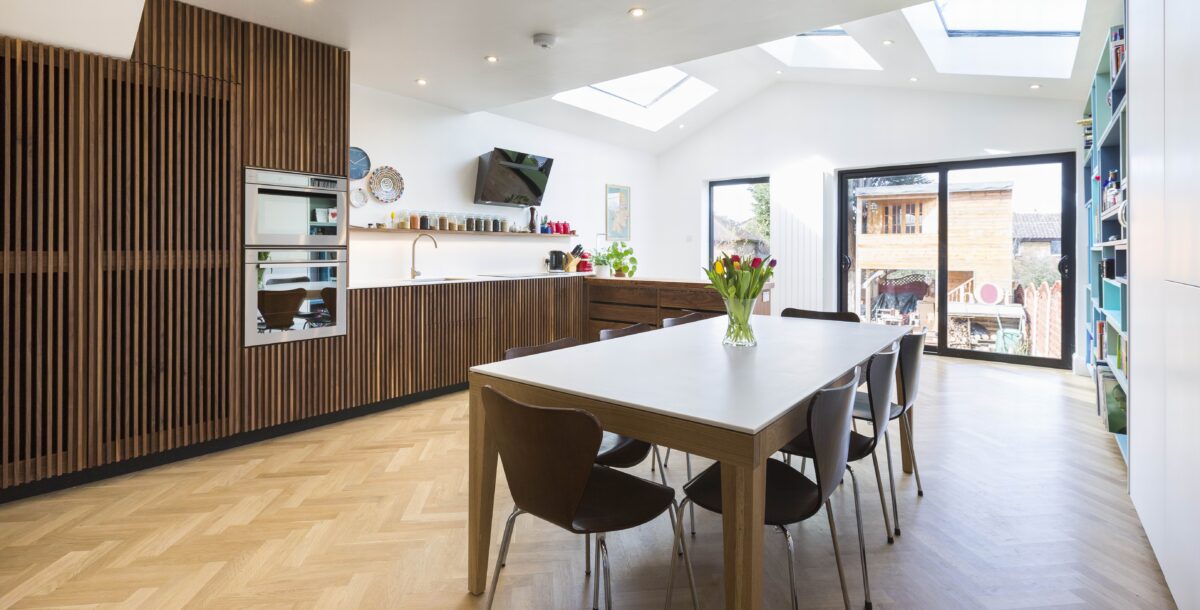Electric car chargers: a buyer’s guide
Different models vary in terms of size, design, features, speed and connectivity
Read any electric car review or ask electric vehicle (EV) owners, and the glowing remarks on performance, environmental credentials and ease of use will be swiftly followed by a major caveat – the full benefits of buying an electric car are only unlocked with the installation of a home EV charger.
Mounted to the garage or attached to a freestanding post at the side of the driveway, a home charger is a small box that is simple for a qualified professional to fit, and it generally works quickly enough to fill a car battery overnight.
Regulations introduced on 30 June 2022 have made the use of smart chargers mandatory for installations of new charge points in order to minimise strain on the national grid. All are weather-resistant, and some can connect to solar panels.
Power supply speed vs cost
According to government data provided by the AA, there were 290,000 home installations across the UK as of 1 April 2022. This is about 40% of the 700,000 electric and plug-in hybrid cars on UK roads as of Q4 2021.
Home EV chargers use mains electricity alternating current (AC) power and usually operate at either 3.6kW (kilowatts) to deliver about 15 miles of range per hour, or 7kW for around 30 miles per hour. This is far slower than direct current (DC) rapid public chargers, which can run at more than 200kW and add hundreds of miles of range per hour.
Home installations are intended to slowly fill a car’s battery each night for a fraction of the cost of a fast motorway version – ideal for your daily commute and weekly shop with public charging for topping up on longer journeys. Despite all home EV chargers working in a very similar way, there are several models to choose from. They vary in terms of size and design, but also features, speed and connectivity.
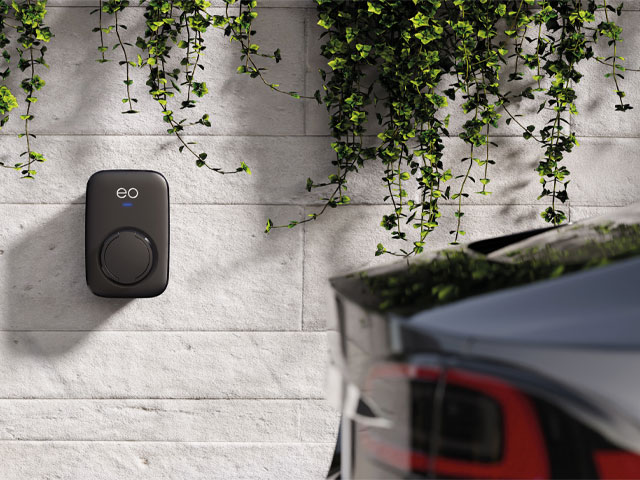
This 7.2kW EO Mini Pro 3 is one of the smaller chargers on the market, but still includes features like Wi-Fi and Bluetooth connectivity, plus Cat 4 ethernet for a wired internet connection. Priced £1,089 with installation
How much does a home EV charger cost?
Prices for home EV chargers that can deliver 3.6kW or 7kW of power range from around £800 to £1,000, and this often includes installation. Faster 22kW chargers are also available, but these cost more and require three-phase electricity, which most UK homes lack.
When it comes to balancing cost with speed, 7kW chargers currently make most sense, and deliver 84kWh of energy when plugged in overnight for 12 hours. This is enough to fill the 75kWh battery pack of a Tesla Model 3, which was the UK’s best-selling electric car in 2021, according to data from the Society of Motor Manufacturers and Traders.
Such a recharge costs in the region of £10 to £20, depending on your tariff and how long off-peak energy is available each night. Some tariffs only offer off-peak energy for a few hours, which isn’t enough time to recharge larger EVs from empty. But, given the average UK driver covers just 20 miles a day, according to the Department for Transport, this is enough for daily use.
A government grant of £350 is available to help with charger installation costs. This used to be available only for homeowners of a single-unit property, such as a house, but in April 2022 was updated to include those living flats and rented homes. But no matter the type of home, having a dedicated, off-street parking space is required to qualify.
Read more: Home EV charging: installation and tariffs
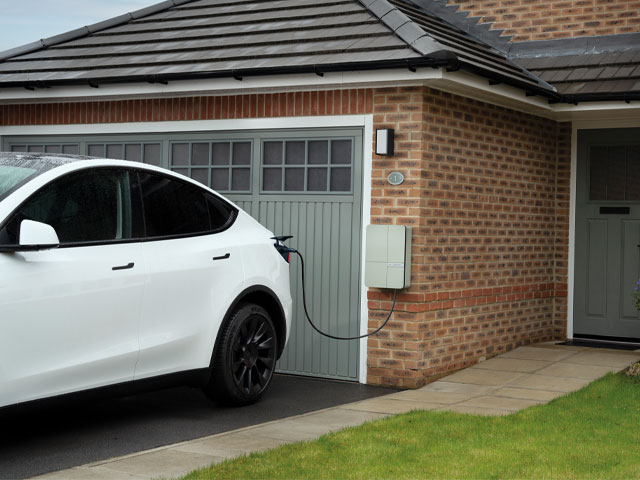
Available with eight colour options (and four wood finishes for an extra £150), this A2 Anderson charger supports 7kW as standard but can deploy 22kW with a £190 cable. Priced £1,099 plus £235 installation
Is my home suitable?
Most homes are suitable for EV charger installation but not everyone can benefit from faster speeds. ‘While most choose a faster 7kW charger, not having sufficient capacity for installation is quite common,’ says James McKemey, head of policy at Pod Point. ‘In which case, you will have to opt for a 3.7kW model. Some providers offer chargers with load balancing that monitor your home’s electrical consumption to ensure it’s never overloaded.’
‘A property with a shared electrical supply, such as some blocks of flats, some terraced homes and apartments above shop, require more work before a charger can be installed,’ says Alex Pile, founder of Project Sixty-One Electrical Services.
Following changes to Building Regulations that came into force on 15 June 2022, all new builds with parking must include EV charging. To prevent someone from using your charger without permission, many can be locked and unlocked via a PIN in the smartphone app. Also, if a timer has been set, such as to charge your EV at the same time each night, it can only be used during this period. So someone plugging in during the day, to steal some electricity while you’re at the office, wouldn’t work.
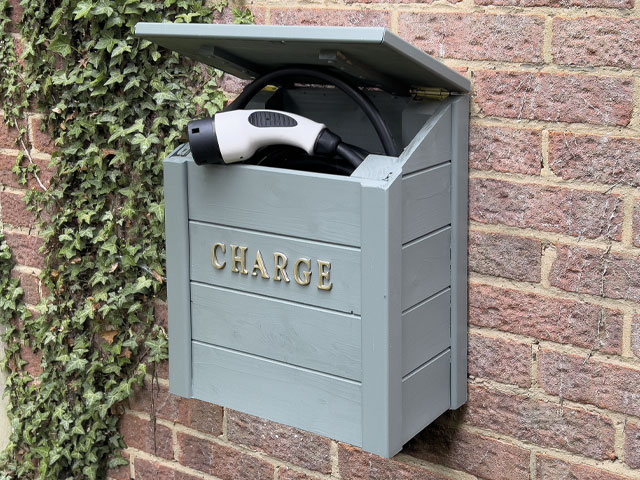
This home EV charger by Bespoke Chargers looks like a wooden postbox and costs £1,115 for 7kW or £1,315 for 22kW, excluding installation

